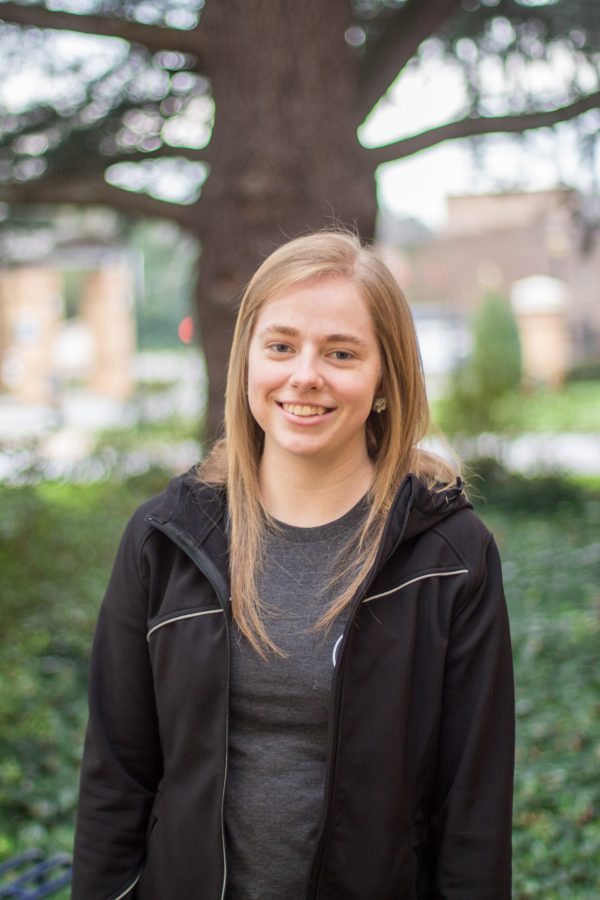When students have finished their last exams and begin preparing for a well-deserved summer break, over 30 of their professors are preparing to spend a few more days in the classroom learning new ways to make their teaching and courses more effective for the next semester.
They’ll be participating in a three-day workshop presented by the Center for Effective Teaching and Engaged Learning.
The Center for Effective Teaching and Engaged Learning (CETEL) is an administrative endeavor to continue faculty development. CETEL was a task force for two years before it became an entity of its own this year under the direction of Linda Abrams, associate professor in the Division of Social Science.
According to Abrams, CETEL was begun because universities that are interested in students invest in continuing faculty development. Abrams said this is a newer idea in higher education as learner-centered education becomes more of a focus in classrooms than it used to be.
As students, culture and technology change, so must types and styles of teaching. “We’re all passionate about teaching – but if our students aren’t learning, then our teaching is in vain,” Abrams said.
“Now it’s about learning to think more critically and to think more deeply.”
CETEL conducts new faculty orientation, presents seminars during in-service in August, maintains a website that is updated with articles on different ways to aid learning, and in conjunction with Information Technologies conducts six “Edu-breaks” over the course of the academic year.
These short sessions during lunch or in the late afternoons allow faculty members to ask questions and speak about a specific teaching method.
In addition to the sessions, a three-day event called the May Institute will take place after graduation. Abrams will chose a key topic she believes is important to faculty members. Attendees will hear from a keynote speaker and have time to discuss the issue among themselves.
“It’s a place where faculty can come and discuss issues,” Abrams said. CETEL keeps updated and current so it can help faculty to be more effective, providing them the things they need and helping to answer questions.
“[We are] serving faculty so that we can serve our students,” Abrams said. “We want to be better and that’s better for the students.”
According to Abrams, BJU faculty are interested in expanding their learning. CETEL challenges them to look at their content from different perspectives and decide how they can alter their courses to be more effective— creating an environment where students can do what they were meant to do: learn.






















































